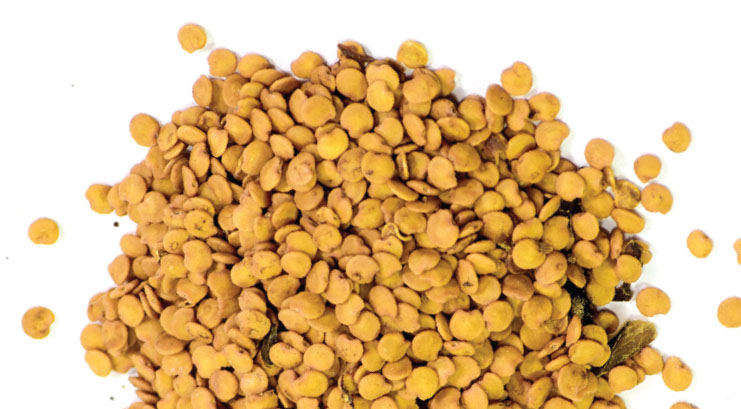
By Tiffany Bailey and Ida Vandamme
Choosing vegetable varieties is probably the most important decision a grower can make and can be the difference between a crop failure or success. On our farm, we consider seed selection one of the most powerful and efficient tools as part of the cultural controls in an integrated pest management program. It takes no extra effort to plant a better variety, and huge results can be achieved in both yields and disease resistance.
The planet we live on has many different climates and conditions, and yet people across the world all still want red tomatoes. This is where the wonderful genetic diversity of plants comes into play. A seed variety that produces a healthy, red cherry tomato commonly grown in the North may struggle in the South. A different variety with different genes, better suited for the South, may have an internal mechanism coded within to help the plant cope with intense heat and pest and disease pressures. An extra waxy cuticle, more vigorous growth to stay ahead of leaf loss, and quicker systemic responses are just a few of the many ways a plant can be better adapted to different conditions.
DIVERSIFY FOR RESILIENCY
In the beginning stages of an organic farm, a good practice to best protect against a crop failure is to plant several different crops and even varieties of crops. That way, if an unsuitable variety is planted, the loss will be small and other varieties can make up for it. Over time, the different seed varieties will show their strengths and weaknesses.
Even after the stronger varieties are determined, it is still a good idea to trial new seed varieties because every year is different. What did well last year may have to make room for another variety to take the spotlight. Having a diverse crop plan will make your farm more resilient to changes and new stresses. Plants come with amazing genetic diversity, which should be used to the farmer’s advantage.
CONSERVE RESOURCES
A good variety is such an effective control because you will spend less time, energy, resources and tears on it. An unsuitable variety will cost you more money in labor, chemicals, and/or equipment to maintain it.
On our farm, we have had experiences with weak seed varieties that needed to be sprayed more often with more expensive materials to keep the crop from succumbing to disease. On the flip side of that same coin, we have had solid varieties which seemed to be completely carefree with good management.
KNOW YOUR SITE
It is all about site-specific needs. There are hundreds of different conditions a farm could be planted under and, thankfully, hundreds of different varieties of crops available to choose from. Local Extension offices are a great tool to get started with. They will know which varieties perform best in your location, but farmers should do their own trials because every farm is different, and management strategies will affect which varieties perform the best.
ORGANIC VS. NON-ORGANIC SEED
National Organic Program rules state that non-organic seeds can be used only if organic seed cannot be found or is not commercially available in the quantities needed. A search record must be provided with three attempts to source organic seed if non-organic seed must be used.
We have heard from both experienced farmers and university professors that crops grown from non-organic seeds perform better than crops grown from organic seeds. We have made our own observations on the matter and tend to agree with them.

However, others say it is a myth that organic seed crops do not perform as well. Organic seed undergoes the same rigorous disease testing as non-organic seed, according to our local Extension agent. She has assured us that there should be no difference. We encourage all farmers to see for themselves!
Tiffany Bailey is owner and Ida Vandamme is farm manager at Honeyside Farms in Parrish, Florida.









